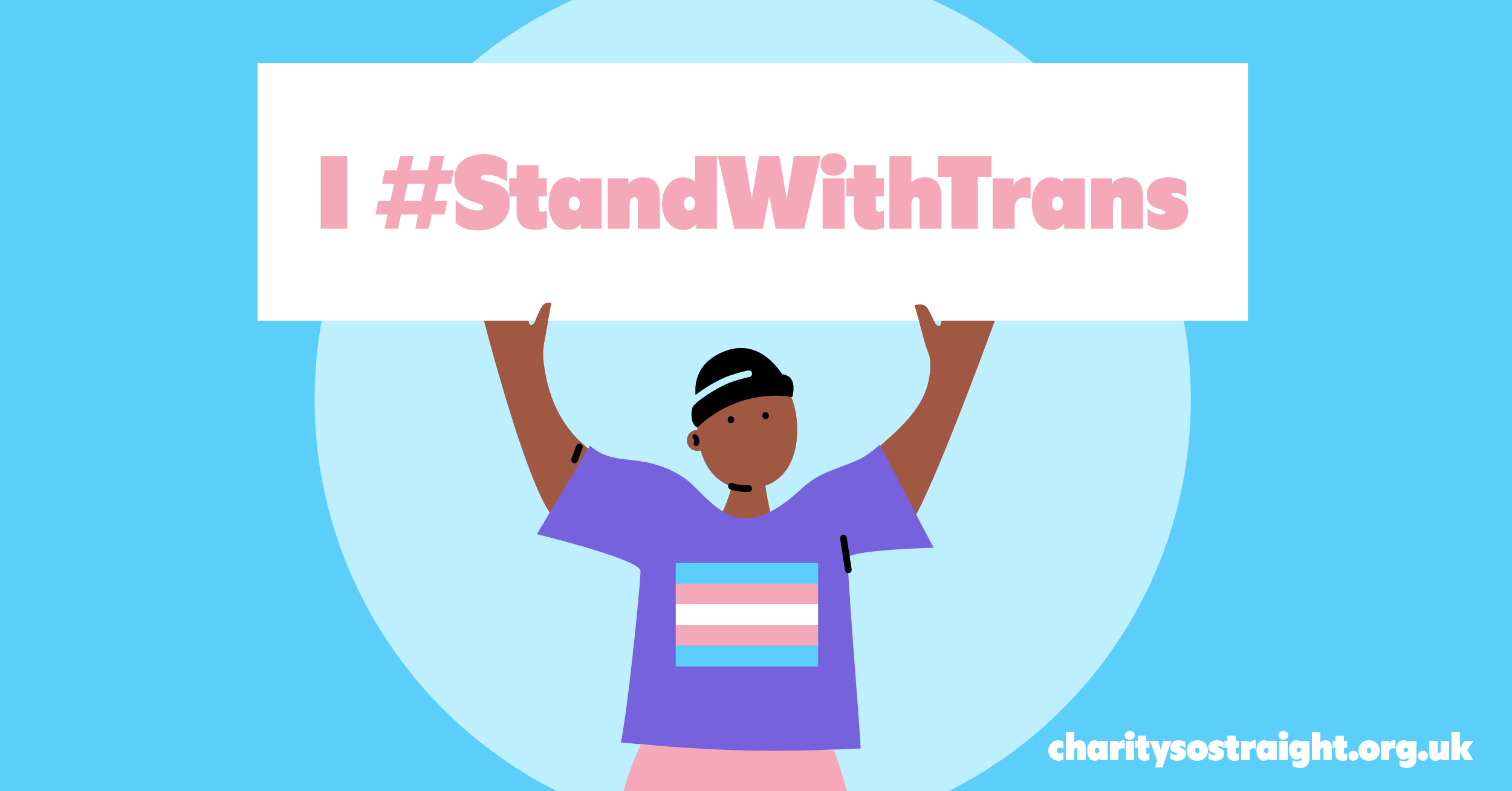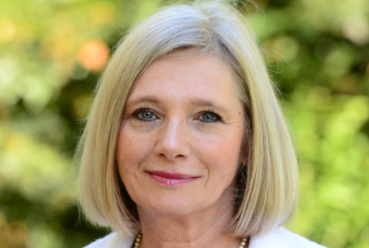Amanda Tincknell, CEO of the Cranfield Trust talks about the challenges charities are facing and ways they can overcome them, as seen from the position of a charity that helps other charities.
___________________________________________________________
Melissa: What do you find are the biggest challenges facing the sector currently?
Amanda: The things that people are talking about as the top problems are about whether they’re going to survive and whether they’ve got the right resources. A lot of people have
taken a big hit in the pandemic. There was lots of fantastic emergency funding around but the charities whose focus wasn’t emergency oriented really struggled. So they’re now trying to recover at a time when there is very little money for them.
The other thing is the workforce crisis. We know that people are not only finding it difficult to find the right staff and keep the staff, but they are struggling for the right board members. A lot of trustees are wanting to step down having had a really demanding time during the pandemic and lots of people didn’t come back to volunteering. Another thing is that the pandemic made it very hard to make and sustain relationships. And so the funder relationships, or the local authority relationships that people had, were really set back, and it’s been hard to get those going again.
And I think this whole question of stress and strain on people working in charities is significant. A lot of people, we’re now seeing them close to burnout. We had one of our clients this week let us know that she’s taking four months off work.
Another of our colleagues in Scotland said that she’d been for a briefing meeting with a charity and the woman she was meeting just cried the whole time. She was just dramatically overstressed. She just said, ‘well, at least I was there to listen to her’. But people are exhausted and facing a difficult time.
Melissa: Do you think a listening ear or a helping hand means quite a lot to the charities that are struggling?
Amanda: I think it does. We’ve got a colleague who looks after all our inquiries, and she said that after saying to people, ‘how can we help?’ you can hear that they’re really relieved to be asked. And it’s a relief to talk through their problems and challenges. And I think that’s true with our regional managers as well. Then they have more in-depth conversations. They’re finding that a lot of people have just got a lot going on.
Melissa: And if they’re CEOs they maybe can’t talk about it with their staff members.
Amanda: Well, they’re holding things together and they’re really worried about money. They can’t get enough. People don’t have enough volunteers. They’ve got more and more people coming into their services every day.
We’re offering management support so we’re not supporting them with their personal issues, but we can see the stress that their jobs are causing them.
Melissa: And what sort of things are charities doing to try and survive these issues?
Amanda: One of the things we’re seeing is that chief executives are very focused on fundraising. They are firefighting and trying to raise money and more resources. They’re looking for more volunteers. They’re asking their volunteers to work more, but that focus on fundraising means that they are not doing their job. Or the rest of their job. They’re doing what is essential, but it’s at the expense of other things. It’s a difficult call for them to have to have that emergency focus, but it means that they’ve got a very short-term focus. So when you’re thinking about your organisation and your services overall, that’s not a long term or positive position to be in really.
Melissa: What should they be doing?
Amanda: They should be really supporting their staff. I think people are doing their best to support their staff but they need to think about different working patterns or what they can do to make things easier.
Having that coffee break, having time to talk, it’s quite difficult when you’ve got remote teams, so I think any time that people can carve out is really important. And just thinking about other sources of support that they can refer to. We’ve seen some charities referring their colleagues to Mind for mental health support, which is worrying in itself, but it’s important to try and help people find help. There was also an increased appetite for collaboration during the pandemic, which is great. And I think [charities] should be thinking more about that. It might be within the field of work that you’re in, but it might just be with an organisation next door that you can share resources with.
Melissa: Is there any idea how long this might last? Is it going to be another crisis after crisis or is there a light at the end of the tunnel?
Amanda: I don’t think there is. I think as a sector, we’ve been struggling along since 2008. We’ve had the banking crisis, and then everybody waited to see what would happen with public spending. And we had a couple of rounds of public spending cuts. We waited for various elections to see what would happen, and things didn’t really improve. And then obviously the pandemic was a massive shock. Now we’ve got a crisis, which people are just too familiar with. We know what poverty looks like unfortunately, and I think people in the sector know that it leaves a long shadow. Sadly, I don’t think things will get any better just yet. I don’t think we’re going to be seeing sudden increases in government spending, which is a huge part of the sector.
Melissa: But it’s not all doom and gloom, I’m sure. Have there been any positives over the last couple of years that the sector can look back on?
Amanda: Yes. And I think it’s not just looking back. People really changed in the pandemic. I think people were incredibly creative, particularly in terms of digital. Lots of people have said that people made 10 years’ progress in 10 months. A lot of people made changes that will really stand them in good stead in the longer term. Increased comfort with digital approaches and remote services, it will really supplement the ways that we used to work. The challenge is now for people to get that sort of hybrid working pattern, not just with hybrid staff working but hybrid services.
Melissa: And finally, what tips do you have for CEOs or senior leaders who might be struggling?
Amanda: The first one is to look after yourself. People are stretched very thin. So I think people will feel that they haven’t got the time that they need to just to have a cup of
coffee with a colleague or have to have a break, have a walk. Just take a little space for themselves.
We would say get a mentor so you have somebody to support you. Or join one of our peer groups so that you can share your concerns with others and you don’t feel that you’re on your own. Don’t be too internally focused either. With so much pressure on people and so much need to do things inside their organisations, it’s still important to just pick your head up every now and again and look around and see what’s happening.
The cost-of-living crisis is going to have long term impact, so think ahead and put a plan together, even if things change. And finally, collaboration. I think one of the real positives of the pandemic was that people were much more open to collaborate. We saw it with funders, but we also saw it with lots of frontline organisations.
It’s hard to do, but I think if you’re working with others you can take a broader look at what services are happening in your community, how you fit together. Collaborative work with others can be a real positive for leaders and helping them feel less isolated.
Latest News
-
Regulator probes ‘serious and significant’ safeguarding failings at Christian charity
-
Government seeks experts to join Civil Society Covenant body
-
Online creators raise more than £3m for eight charities
-
Oxfam GB CEO leaves following conduct investigation
-
Leadership diaries: The rhythm of governance
-
Anti-poverty charity fails to submit any accounts since launching five years ago
Charity Times video Q&A: In conversation with Hilda Hayo, CEO of Dementia UK
Charity Times editor, Lauren Weymouth, is joined by Dementia UK CEO, Hilda Hayo to discuss why the charity receives such high workplace satisfaction results, what a positive working culture looks like and the importance of lived experience among staff. The pair talk about challenges facing the charity, the impact felt by the pandemic and how it's striving to overcome obstacles and continue to be a highly impactful organisation for anybody affected by dementia.
Charity Times Awards 2023
Mitigating risk and reducing claims

The cost-of-living crisis is impacting charities in a number of ways, including the risks they take. Endsleigh Insurance’s* senior risk management consultant Scott Crichton joins Charity Times to discuss the ramifications of prioritising certain types of risk over others, the financial implications risk can have if not managed properly, and tips for charities to help manage those risks.
* Coming soon… Howden, the new name for Endsleigh.
* Coming soon… Howden, the new name for Endsleigh.
Better Society

© 2021 Perspective Publishing Privacy & Cookies










Recent Stories